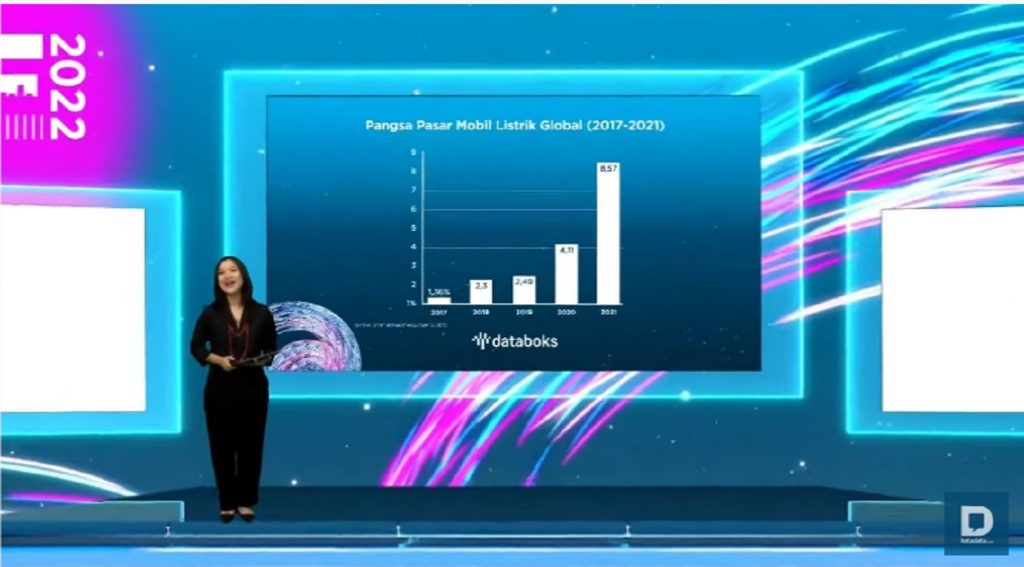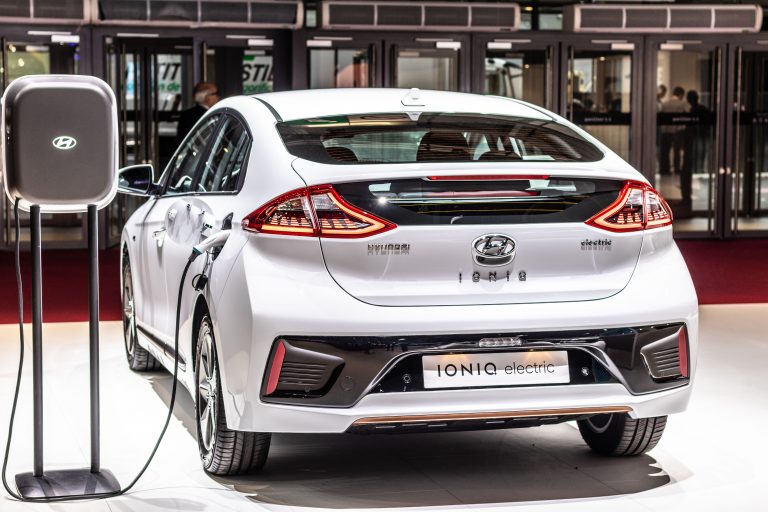
Jakarta – In Indonesia, demand for electric cars has the potential to double. The trend of electric vehicles is growing along with increasing public knowledge about environmentally friendly green energy . This was conveyed by the Chief Operating Officer of Hyundai Motor Asia Pacific, Lee Kang Hyun in the Katadata 2022 Indonesia Data and Economic (IDE) virtual conference with the theme “The Future of Automotive and Mobility”, Wednesday (6/4).
According to him, the global sales increase of electric cars is very significant. Last year alone, 6 million units were sold, or 110 percent compared to the previous year. Lee explained that the development of electric cars in the world could not be separated from the support of the local government in the form of subsidising the purchase of electric cars.
“Each of these countries provide subsidies to electric car buyers. Whether we like it or not, the future is in electric cars,” he added.
The price of electric cars is still expensive
Lee said, the main challenge in selling electric cars is the price. Although consumers are interested in environmentally friendly electric cars, the price is still far more expensive than conventional cars. The high price of electric cars is influenced by the price of batteries, because about 35-40 percent of the price of a car is the price of battery components.
“In the past, the battery price was at the level of USD 150 per kWh. The current battery market price is USD 135 per kWh. If in 2024 and 2025 the battery price can drop to USD 90-100 US dollars per kWh, it will affect the price of cars. This will help consumers’ preference on electric cars,” said Lee.
In Indonesia, he said, the government does not subsidise electric cars. However, Indonesia has abundant nickel resources which are needed for batteries. Indonesia controls almost 30% of nickel globally. Lee said that he is optimistic that Indonesia, which focuses on developing upstream to downstream industries, will be able to play a big role in producing lithium batteries as the main component of electric vehicles in the future.
In addition to the price of the car, according to Lee, the challenge of selling electric cars is the battery charging station. To that end, Hyundai collaborated with the State Electricity Company (PLN) by installing battery charging stations on toll roads and in Bali during the G20 events. (Hartatik)
Banner photo: Paris, France, October 2, 2018: white Hyundai IONIQ electric at Mondial Paris Motor Show eco friendly car produced by South Korean automotive manufacturer Hyundai. (Grzegorz Czapski/shutterstock.com)















